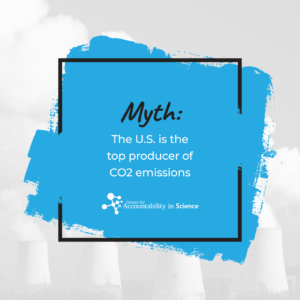
Environmentalists like to place the blame for climate change on the United States, but the U.S. does not lead the globe in CO2 emissions. China is responsible for more than a quarter (28%) of the globe’s CO2 emissions. And while the United States leads the world in reducing CO2 emissions,...
Read More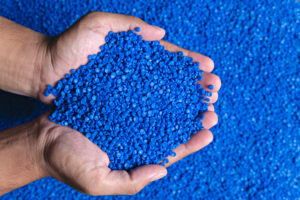
Because plastics are made from oils, it’s easy to assume the production of plastic will always produce excess greenhouse gas emissions. But that might not be the case. A new study published in Science by researchers from Aachen University revealed there is a cycle in which plastic can be created and...
Read More
Winter always puts added pressure on a region’s power supply as longer, chillier nights require more heat and light than other seasons. But this year, some experts are warning that the planet may be hurtling toward a global power shortage that could leave families in the cold. The shortages have already...
Read More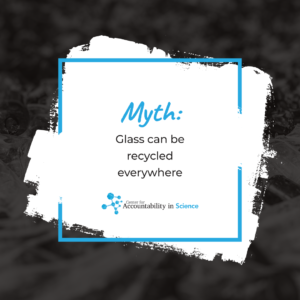
The only environmental selling point of glass is that it is recyclable. (Glass production is the most carbon-intensive of any beverage container.) But many cities have stopped accepting glass for recycling. The main reason glass recycling is being halted is that it can be dangerous and difficult to sort from other...
Read More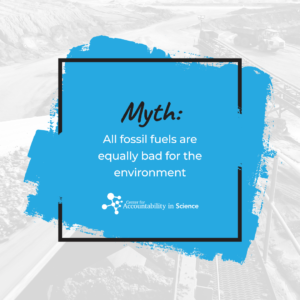
The foundational element of life is carbon. Burning any fossil fuel will result in the release of carbon dioxide into the atmosphere which scientists believe is the main driver of climate change. But not all fossil fuels are equally harmful to the environment. For example, if the same amount of energy...
Read More
America’s tap water infrastructure is crumbling--and predominantly black communities are suffering the most. Nowhere is this more clear than in the city of Benton Harbor, Michigan, a city that is 85 percent black. After years of discolored water that smelled of sewage and poured out of the tap “sizzling like Alka-Seltzer,”...
Read More
Biofilm is a plaque-like sludge that can grow in damp environments. Biofilm is especially concerning for public health experts because it can grow inside tap water pipelines if they are not properly maintained. The pathogen-filled sludge is often credited for causing water-borne illness outbreaks, including E. coli infections. Biofilm growth is...
Read More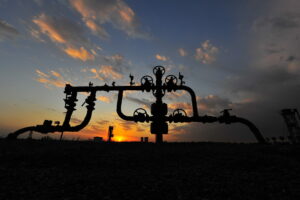
The latest Congressional budget debate sparked an interesting question: Should natural gas be considered clean energy? The debate was triggered by the Clean Energy Payment Program (CEPP), which will provide incentives for energy suppliers to increase the proportion of their energy that comes from clean energy sources. The CEPP aims at...
Read More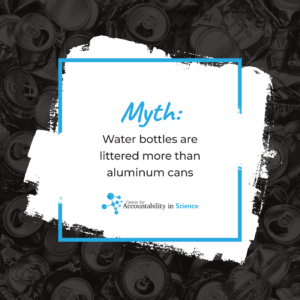
Some cities in the United States have gone as far as banning plastic water bottles to prevent them from ending up littered, but research shows that plastic water bottles are not the most littered items. According to a litter analysis done by Keep America Beautiful, aluminum beverage containers were littered...
Read More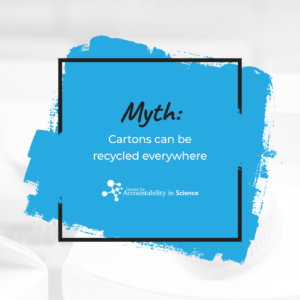
Recycling cartons is tedious and costly, which is why roughly 40 percent of the U.S. population lives in an area where cartons cannot be recycled. Cartons are difficult to recycle because they are made of layers of paper, plastic, and aluminum. The plastic or aluminum lining is needed to keep...
Read More
